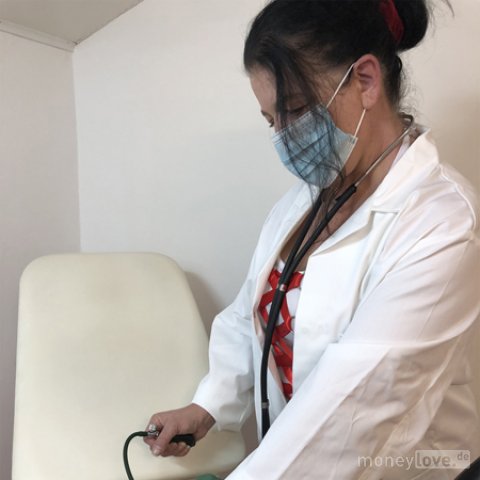
WEIGHT: 60 kg
Bust: 3
One HOUR:130$
Overnight: +100$
Services: Deep throating, Sex oral in condom, Massage anti-stress, Role playing, Receiving Oral
In Europe, prostate cancer is the most frequently diagnosed cancer among men. Despite the significant public health burden, late detection of advanced prostate cancer remains a major issue.
The need for population-based prostate cancer screening programmes is growing. The test will indicate which patients will need to undergo a biopsy to determine the type and the grade of the prostate tumour. The project will validate its first results on a large sample of urine tests. In addition to the biomarkers quantified by commercialised urine tests, the project has identified three new biomarkers in all grades of tumours.

Reliable urinary test for the diagnosis of prostate cancer Prostate cancer is a life threatening disease which affects about , males and causes 92, deaths per year in Europe. However, this diagnostic procedure is associated with discomfort, anxiety, bleeding, and the potential for serious infections requiring hospitalization. It is also very expensive.
None of the tests available today offer an alternative which avoids unnecessary biopsies. To solve this problem we propose to validate a urinary, non-invasive, rapid and robust diagnostic test that we call PROSTATOR, for the early detection of prostate cancer without unnecessary biopsies. We show that, contrary to the biomarkers quantified by commercialized urinary tests for prostate cancer, our three new biomarkers were detected in all grades of tumours. Only cancer patients detected by our test will have a biopsy to determine the type and the grade of the prostate tumour but unnecessary biopsies will be avoided when the test is negative.

Other advantages of our novel test: it can be performed from the first visit to the urologist, collecting the urine after prostatic massage and sending it to a laboratory that will give the diagnosis within 4 days. With this grant, we want to validate our first results on a large number of urines We have established collaborations with Henri-Mondor and Foch hospitals to collect the urines and with the Genomic Platform of Institut Curie to quantify our biomarkers.




































